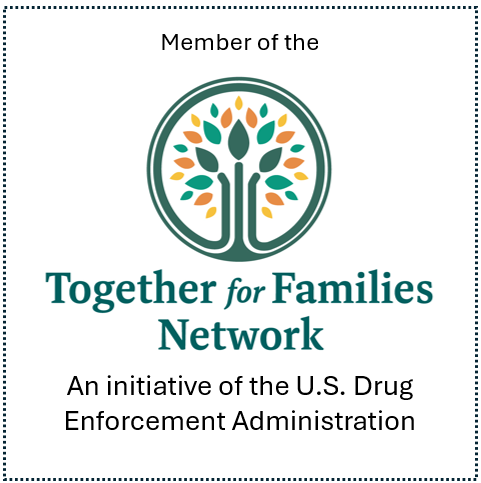Early Signs of Autism Spectrum Disorder
Ask the Experts | Carlyle Center
I have noticed a few things about my toddler that concern me. What should I be looking for if I suspect Autism Spectrum Disorder (ASD)?
A: As a parent you are always in tune with the beat of your children. Even amongst the many busy days of life, parents have a unique ability to identify when something about their child feels off, or unusual. Here are a few early signs of a potential issue:
- Fleeting or no eye contact
- Not sharing interest or sharing items
- Not responding to sounds, voices or name
- Loss of skills at any time
- No vocal language by 18 months
- Fixation on unusual objects or 1 particular toy
- Lack of social engagement
- Repetitive motor behavior
If you think you’ve identified some of the above signs, it never hurts to explore further. The M-CHAT, a resource provided to parents, is a screener that will ask a series of 20 questions about your child’s behavior. The results indicate if further evaluation may be needed. The MCHAT is a useful tool but does have limitations according to research (Yuen 2018). Please keep in mind it is not a means for diagnosing your child and it is very important to further discuss your concerns with your child’s primary healthcare provider.
Should your pediatrician suggest further testing after their own assessment, they will recommend you go to a diagnostic center. Professionals at the diagnostic center will determine if your child is diagnosed with ASD. From your own identification through a diagnosis with a center, it is understandable that you and your loved ones may feel a variety of emotions; this is normal. Know that there are professionals trained to support you and your child through ASD.
Those professionals are typically board-certified behavior analysts (BCBA), practicing the science of Applied Behavior Analysis (ABA). Applied Behavior Analysis is an empirically supported treatment for individuals diagnosed with ASD. One of the fundamental strategies of ABA is positive reinforcement, and behavior analysts are ethically required to use reinforcement in treatment (BACB 2019). ABA creates a positive and socially engaging environment for children to learn in.
There are a handful of ABA centers throughout Southeast Michigan, offering center based and in-home services. It is important to keep effective and ethical treatment at the forefront of your center search.
Carlyle Center is an in-home ABA Therapy provider, working with families throughout the Grosse Pointe area, focused on ethics, compassion, and providing efficacious treatment to all clients. Carly Steiner, Clinical Director, has been working in the field of Applied Behavior Analysis since 2012, and working with special needs children for nearly a decade. Carlyle Center is a member of The Family Center’s Association of Professionals and can be reached at hello@carlylecenter.com or 313.580.9716.






